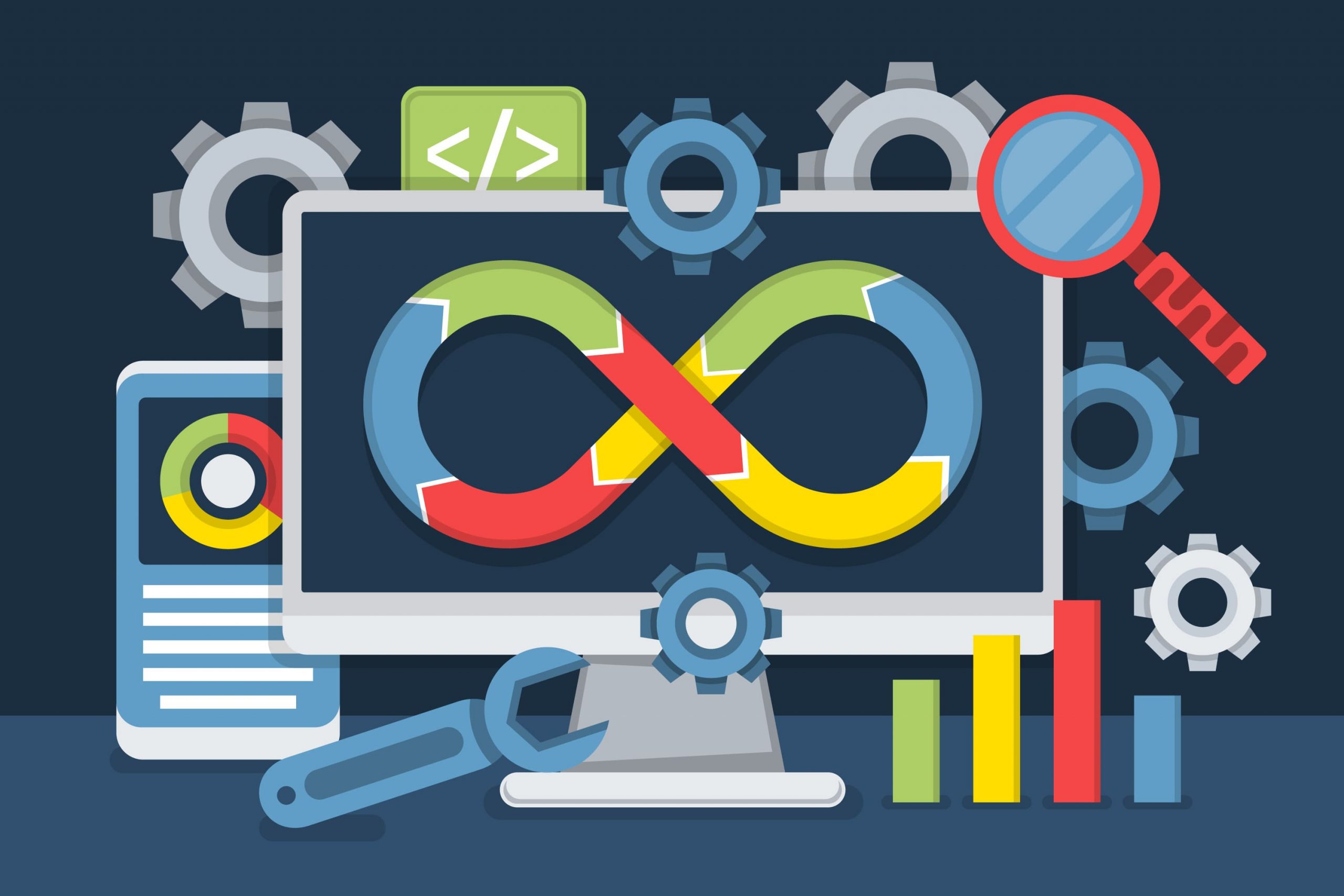
The Future & Scope of Full-Stack Developers in India
Mar 19, 2025 6 Min Read 24314 Views
(Last Updated)
Have you ever wondered about the future of full stack developers in India? These talented tech wizards possess a unique skill set to handle both front-end and back-end development in web applications. They are like modern-day wizards of technology!
As technology keeps advancing and businesses seek innovative solutions, full-stack developers are becoming more important than ever. They have a key role in shaping India’s digital landscape and creating exciting digital experiences for users. In this article, we’ll explore the opportunities and possibilities that await full-stack developers in India. So, let’s dive into the fascinating world of full stack development!
Table of contents
- The Future Scope of Full Stack Developers in India: Trends and Opportunities
- Rise in Remote Work and Freelancing Opportunities
- Focus on Cross-Platform Development
- Emergence of Progressive Web Apps (PWAs)
- Integration of Artificial Intelligence and Machine Learning
- Growing Importance of Cybersecurity
- Understanding the Salary Range of Full Stack Developers in India
- Front-End Development (Average Salary: 4-7 LPA)
- Back-End Development (Average Salary: 5-8 LPA)
- Database Management (Average Salary: 4-7 LPA)
- API Integration (Average Salary: 5-9 LPA)
- Version Control (Average Salary: 4-7 LPA)
- Testing and Debugging (Average Salary: 4-7 LPA)
- Security Implementation (Average Salary: 5-8 LPA)
- Collaboration with Designers (Average Salary: 4-7 LPA)
- Continuous Learning (Average Salary: 4-6 LPA)
- Project Management (Average Salary: 6-10 LPA)
- Top 3 Skills for Future Full Stack Developers
- Cross-Platform Development Skills
- Cloud Computing Expertise
- Data Security and Privacy Knowledge
- Advantages of Joining a Certified Full Stack Development Course
- Comprehensive Skill Set
- Industry-Recognized Certification
- Hands-On Projects and Portfolio Building
- Conclusion: Promising Future for Full Stack Developer Career Opportunities
- Frequently Asked Questions
The Future Scope of Full Stack Developers in India: Trends and Opportunities
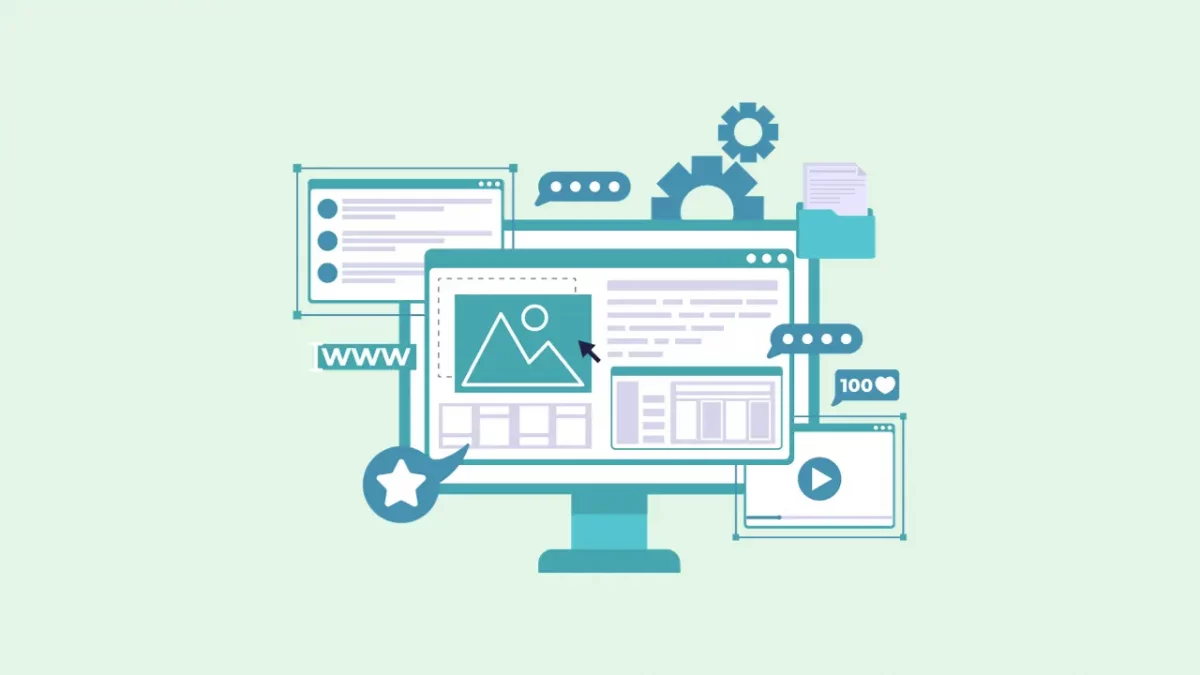
1. Rise in Remote Work and Freelancing Opportunities
The global shift towards remote work and freelancing has opened up new avenues for full stack developers in India. Companies worldwide are embracing remote work models, and businesses are increasingly willing to hire freelance developers for specific projects. This trend presents Indian full stack developers with the opportunity to work with international clients and collaborate on diverse projects, transcending geographical boundaries.
2. Focus on Cross-Platform Development
With the growing popularity of mobile apps, there is an increased demand for full stack developers skilled in cross-platform development. Companies want their applications to run seamlessly on various platforms and devices. Full stack developers who can create unified and efficient applications across iOS, Android, and other platforms will have a competitive advantage in the job market.
3. Emergence of Progressive Web Apps (PWAs)
Progressive Web Apps (PWAs) are gaining traction as a cost-effective alternative to native mobile apps. PWAs offer an immersive user experience and work seamlessly across different devices and networks. Full stack developers with expertise in building PWAs will find ample opportunities to work on cutting-edge projects and contribute to the mobile-first approach adopted by many businesses.
4. Integration of Artificial Intelligence and Machine Learning
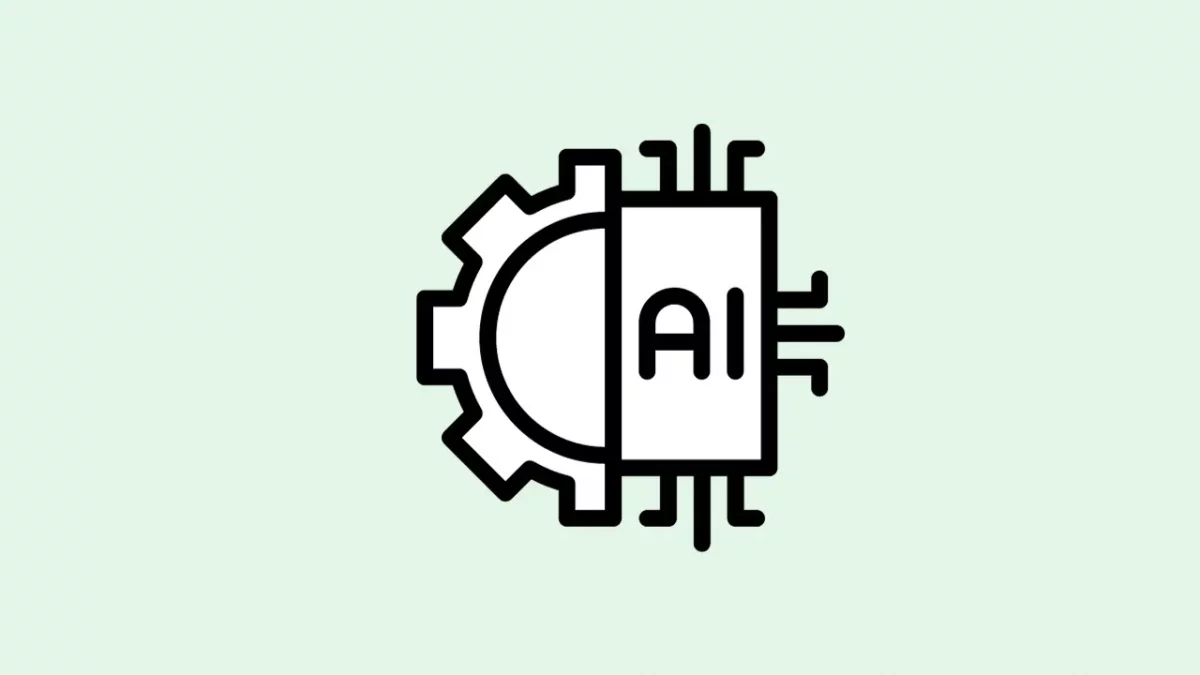
The integration of AI and machine learning technologies into web applications is on the rise. Businesses are leveraging AI-powered chatbots, recommendation systems, and data analytics to enhance user experiences. Full stack developers who possess skills in integrating AI and machine learning into web applications will be in high demand as companies seek to harness the power of these technologies to stay competitive.
5. Growing Importance of Cybersecurity
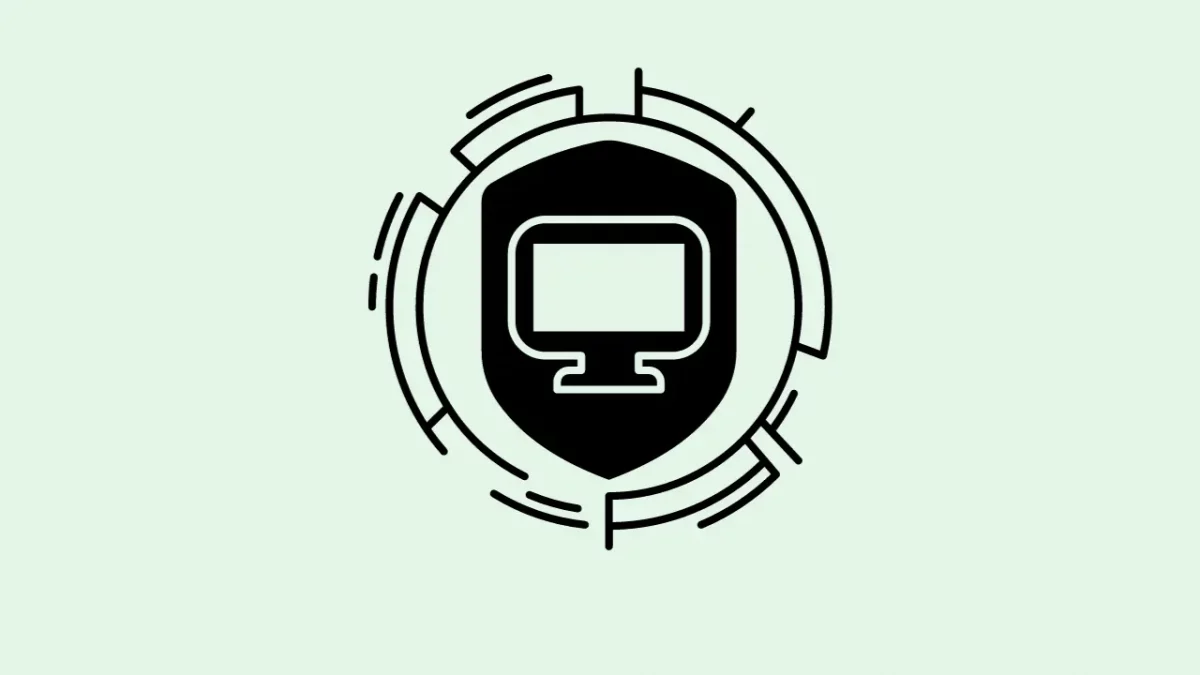
With the increasing reliance on digital solutions, cybersecurity has become a top priority for businesses. Full stack developers who are well-versed in implementing secure coding practices and mitigating potential vulnerabilities will be highly valued by organizations. As data breaches and cyber threats continue to pose significant risks, skilled full stack developers can play a crucial role in safeguarding digital assets.
The future scope for full stack developers in India is brimming with opportunities. Embracing remote work, excelling in cross-platform development, embracing PWAs, delving into AI integration, and focusing on cybersecurity will empower full stack developers to thrive in the ever-evolving tech landscape. By staying abreast of these trends and honing their skills, Indian full-stack developers can look forward to a bright and rewarding future in the technology sector.
Before diving into the next section, ensure you’re solid on full-stack development essentials like front-end frameworks, back-end technologies, and database management. If you are looking for a detailed Full Stack Development career program, you can join GUVI’s Full Stack Development Course with Placement Assistance. You will be able to master the MERN stack (MongoDB, Express.js, React, Node.js) and build real-life projects.
Additionally, if you want to explore JavaScript through a self-paced course, try GUVI’s JavaScript certification course.
Understanding the Salary Range of Full Stack Developers in India

Full-stack developers are in high demand in India, and their job roles and responsibilities are diverse and multifaceted. These tech professionals possess a unique skill set to handle both front-end and back-end development, making them valuable assets for various industries. If you’re considering a career as a full stack developer in India, understanding the salary range and the responsibilities that come with the role is essential. Let’s explore the typical roles and responsibilities of full-stack developers through a listicle format:
Roles and Responsibilities of Full Stack Developers in India:
1. Front-End Development (Average Salary: 4-7 LPA)
Full stack developers are responsible for creating user interfaces and ensuring seamless user experiences. They use HTML, CSS, and JavaScript to design visually appealing and responsive web pages.
2. Back-End Development (Average Salary: 5-8 LPA)
They handle server-side programming and database management to ensure the smooth functioning of web applications.
3. Database Management (Average Salary: 4-7 LPA)
Full stack developers design, implement, and optimize databases to store and retrieve data efficiently.
4. API Integration (Average Salary: 5-9 LPA)
They integrate APIs (Application Programming Interfaces) to connect different software systems and enable data exchange.
5. Version Control (Average Salary: 4-7 LPA)
Full stack developers use version control systems like Git to track changes in code and collaborate with other team members effectively.
6. Testing and Debugging (Average Salary: 4-7 LPA)
They conduct thorough testing to identify and fix bugs, ensuring the reliability and performance of web applications.
7. Security Implementation (Average Salary: 5-8 LPA)
Full stack developers implement security measures to protect web applications from potential cyber threats and data breaches.
8. Collaboration with Designers (Average Salary: 4-7 LPA)
They collaborate with UI/UX designers to bring visually appealing designs to life and ensure a seamless user interface.
9. Continuous Learning (Average Salary: 4-6 LPA)
Full stack developers stay updated with the latest technologies, frameworks, and tools to enhance their skills and deliver cutting-edge solutions.
10. Project Management (Average Salary: 6-10 LPA)
They participate in project planning, estimation, and execution, working closely with project managers and stakeholders.
By taking on these responsibilities, full stack developers in India contribute to building innovative web applications and play a crucial role in the digital transformation of businesses. Now that we have an understanding of their roles let’s delve into the salary range of full stack developers in India.
Top 3 Skills for Future Full Stack Developers

As the tech industry continues to evolve rapidly, the role of full stack developers is becoming increasingly vital. These versatile professionals are sought after for their ability to handle both front-end and back-end development, making them invaluable assets for businesses. However, to stay relevant and excel in the future, full stack developers need to equip themselves with specific skills that align with the changing technological landscape. Let’s explore the top three skills that will be crucial for future full stack developers:
1. Cross-Platform Development Skills
The future demands full stack developers who can create web applications that seamlessly run across multiple platforms and devices. As users increasingly switch between desktops, smartphones, and tablets, full stack developers must possess cross-platform development skills. Familiarity with technologies like React Native, Flutter, or Xamarin will enable them to build unified applications that cater to a diverse audience.
2. Cloud Computing Expertise
With businesses embracing cloud-based solutions for scalability and flexibility, full stack developers must have expertise in cloud computing. Understanding cloud platforms like AWS, Azure, or Google Cloud is essential for developing applications that can handle increased user traffic and store data securely in the cloud. Cloud computing skills will enable full stack developers to deliver robust and scalable solutions.
3. Data Security and Privacy Knowledge
As data breaches and cyber threats become more prevalent, full stack developers must prioritize data security and privacy. Acquiring knowledge of secure coding practices, encryption techniques, and best practices for safeguarding user data is crucial. Being well-versed in data security will instil trust in users and clients, making full stack developers indispensable assets in an increasingly data-driven world.
Full stack developers must continuously adapt and upskill to remain competitive in the ever-evolving tech landscape. Cross-platform development, cloud computing expertise, and a strong focus on data security and privacy are the top three skills that will shape the future of full stack developers. By honing these skills, full stack developers can ensure their relevance and contribute significantly to building innovative and impactful web applications in the years to come.
Advantages of Joining a Certified Full Stack Development Course

The tech industry is booming, and full stack developers are at the forefront of this digital revolution. These skilled professionals possess the ability to handle both front-end and back-end development, making them highly sought-after in the job market. If you aspire to become a full stack developer, enrolling in a certified full stack development course can be a game-changer for your career. Let’s explore three key advantages of joining such a course:
1. Comprehensive Skill Set
Certified full stack development courses offer a well-rounded curriculum that covers a wide range of technologies and tools used in both front-end and back-end development. From HTML, CSS, and JavaScript to frameworks like React, Node.js, and Django, you’ll gain proficiency in various programming languages and frameworks. This comprehensive skill set will make you a versatile developer capable of building end-to-end web applications.
2. Industry-Recognized Certification
Completing a certified full stack development course provides you with a valuable industry-recognized certification. This certification acts as a testament to your skills and expertise, giving you a competitive edge in the job market. Employers often prioritize candidates with verified certifications, as they demonstrate a commitment to continuous learning and staying up-to-date with the latest technologies.
3. Hands-On Projects and Portfolio Building
A certified full stack development course typically includes hands-on projects that allow you to apply the knowledge you’ve gained to real-world scenarios. These projects provide practical experience and help build a portfolio showcasing your capabilities. A strong portfolio is invaluable when applying for full stack developer positions, as it allows potential employers to assess your skills and contributions to past projects.
Kickstart your Full Stack Development journey by enrolling in GUVI’s Full Stack Development Course with Placement Assistance where you will master the MERN stack (MongoDB, Express.js, React, Node.js) and build interesting real-life projects. This program is crafted by our team of experts to help you upskill and assist you in placements.
Alternatively, if you want to explore JavaScript through a self-paced course, try GUVI’s JavaScript course.
Conclusion: Promising Future for Full Stack Developer Career Opportunities
As we look ahead to the future of full stack development, it’s clear that the possibilities are endless. Full stack developers are in high demand because they can handle both front-end and back-end tasks. This means they have exciting job opportunities and can work on various projects.
Technology is always changing, and full stack developers need to keep learning to stay ahead. But don’t worry! By updating their skills and staying curious, they can enjoy a successful career in the tech world.
The future of full stack development is full of growth and new challenges. Aspiring full stack developers, get ready for an exciting journey! If you have any thoughts or experiences to share, please feel free to leave a comment below. Let’s support and inspire each other as we shape a bright future in this ever-evolving tech world. Together, we can achieve great things!
Frequently Asked Questions
A full stack developer is a tech professional who possesses a diverse skill set to handle both front-end and back-end development of web applications. They are proficient in various programming languages, frameworks, and databases, enabling them to build complete and robust web solutions.
To become a full stack developer, one can start by gaining a solid foundation in programming languages like HTML, CSS, and JavaScript. Learning popular front-end and back-end frameworks such as React, Node.js, and Django is essential. Enrolling in certified full stack development courses and working on real-world projects will help build a strong portfolio and enhance employability.
The salary range for full stack developers in India varies based on factors like experience, location, and company size. On average, junior full stack developers can earn between 4 to 6 lakhs per annum, while experienced professionals with several years of experience can earn 8 to 12 lakhs per annum or more.
Yes, full stack development is an excellent career choice. The demand for full stack developers is high, and businesses across various industries are seeking their expertise. Full stack developers have a diverse skill set, making them versatile and valuable assets for companies. Moreover, continuous advancements in technology ensure a promising and rewarding future for full stack developers.
The future of full stack development is likely to witness increased demand for cross-platform development skills, cloud computing expertise, and a focus on data security and privacy. Additionally, the integration of artificial intelligence and machine learning into web applications will open new opportunities for full stack developers in building smart and innovative solutions. Continuous learning and staying up-to-date with emerging technologies will be vital for staying competitive in the ever-evolving tech landscape.

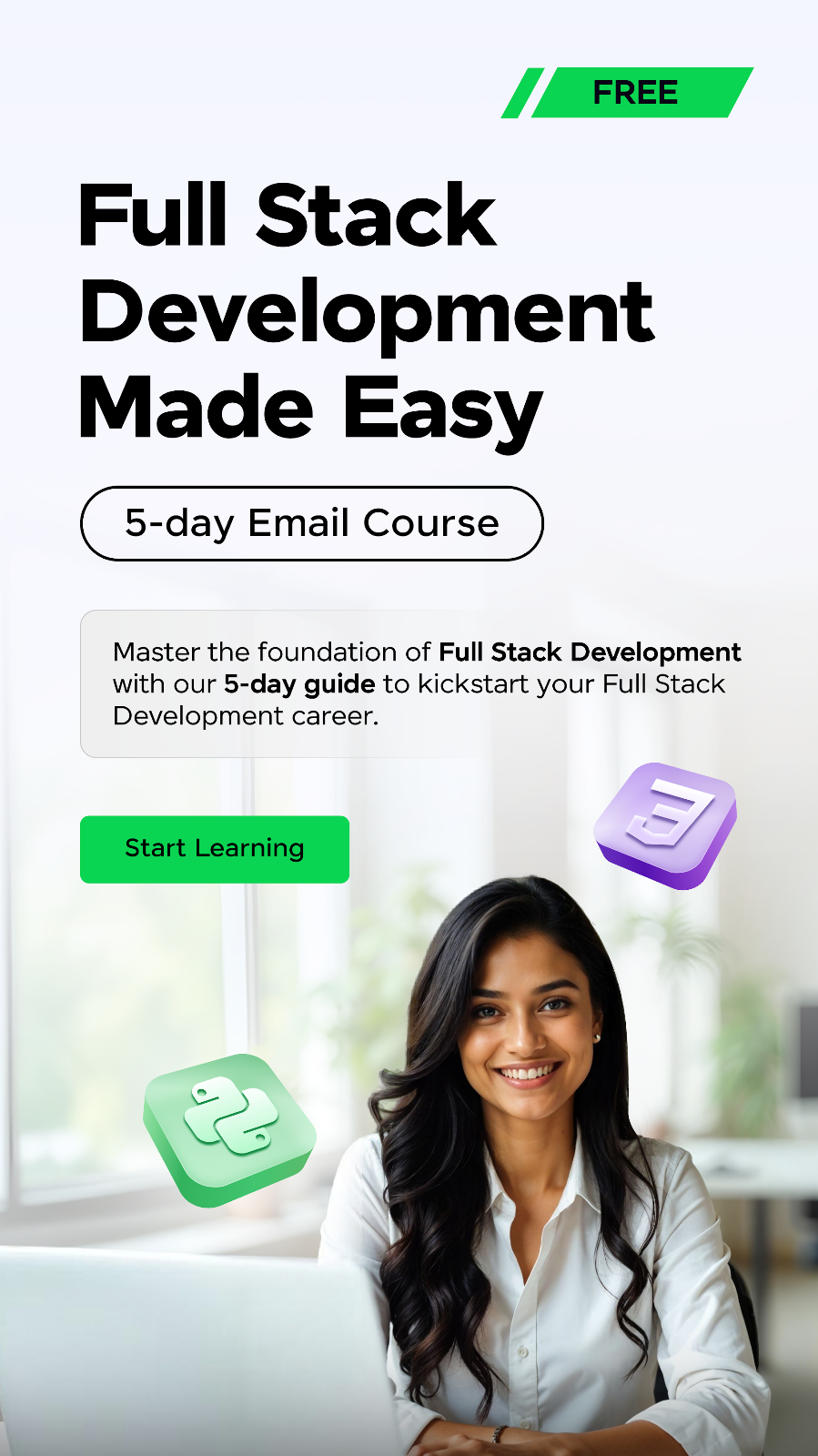








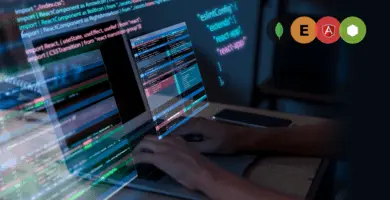
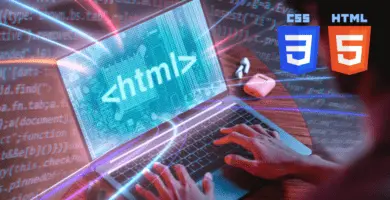








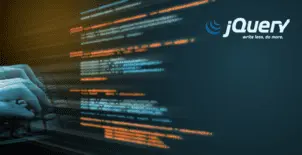

![Top 40 Java Full Stack Developer Interview Questions and Answers [2025] 8 java full stack developer interview questions](https://www.guvi.in/blog/wp-content/uploads/2025/06/Top-40-Java-Full-Stack-Developer-Interview-Questions-and-Answers.png)


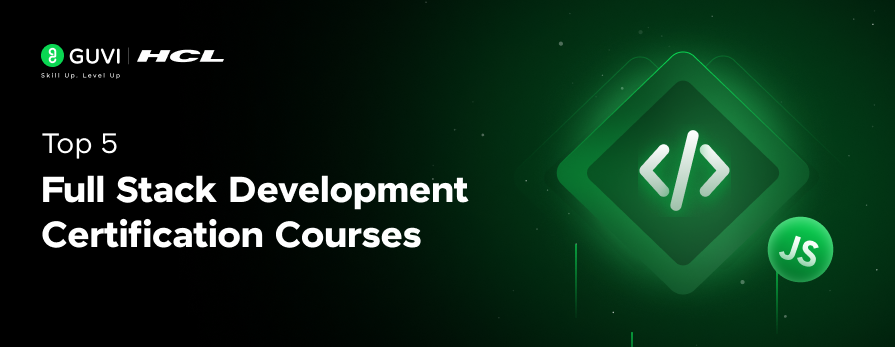

![Top Frontend Developer Skills: A Beginner's Guide [2025] 13 frontend developer skills](https://www.guvi.in/blog/wp-content/uploads/2023/03/Top-Frontend-Developer-Skills-A-Beginners-Guide.png)
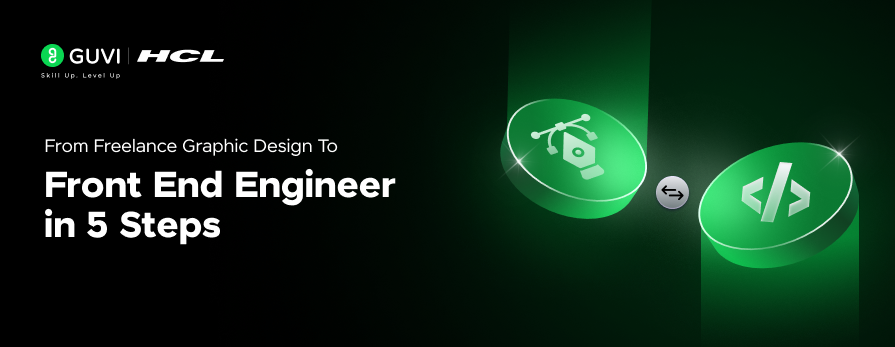
![Top 10 React Native Project Ideas [With Source Code] 15 React Native Project Ideas](https://www.guvi.in/blog/wp-content/uploads/2024/10/React_Project_Ideas.png)


Did you enjoy this article?